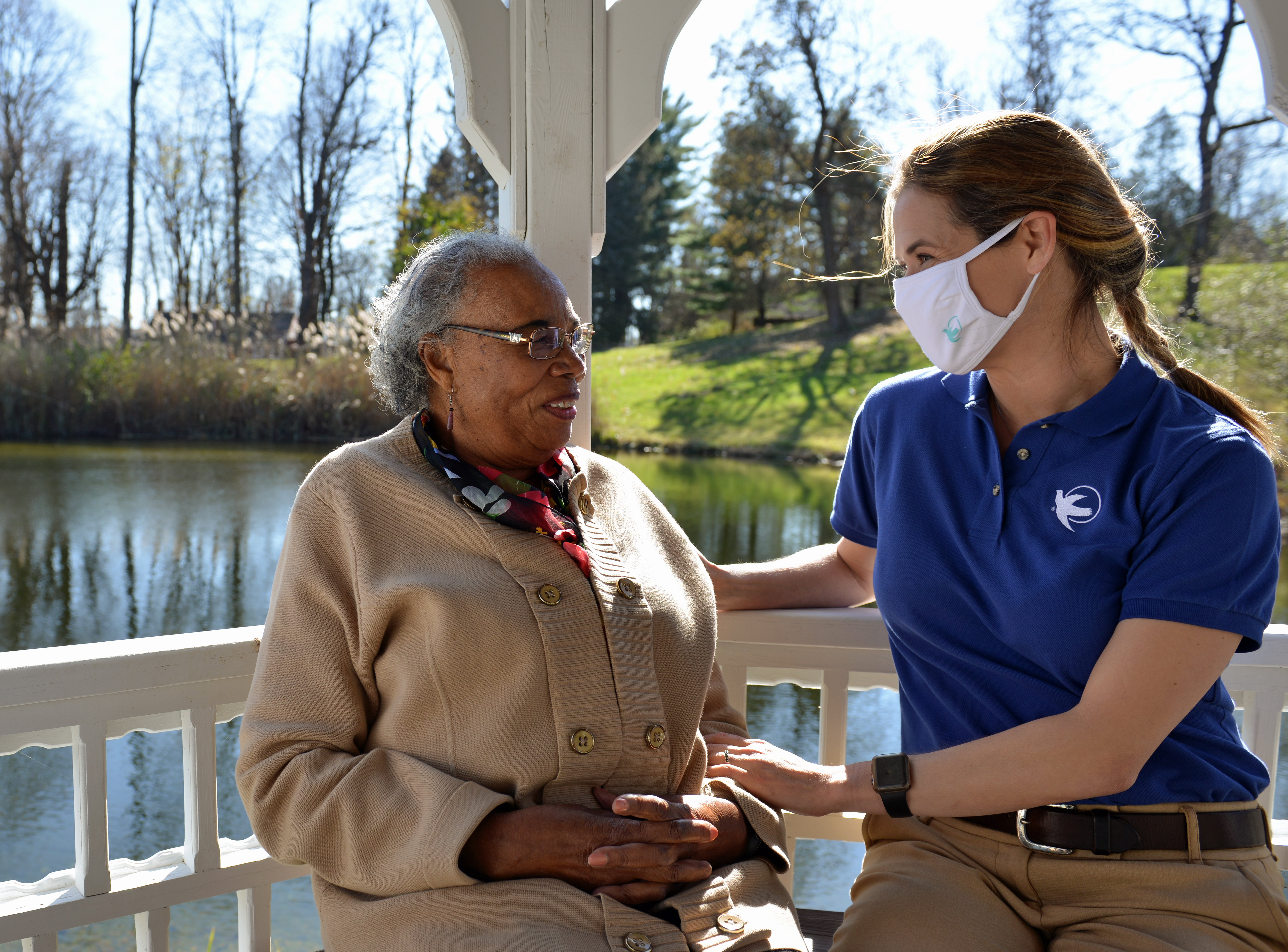
How Exercise Can better Alzheimer’s Health
Exercise is typically seen to feel and look better, but to the contrary it is also beneficial to larger more impactful issues—such as chronic illnesses and depression. Staying physically fit and active can ward off medical issues such as diabetes, high blood pressure, and even can help with Alzheimer’s health and its prevention.
The brain is a complex muscle with more research surrounding it than you could ever imagine. Alzheimer’s patients have their symptoms mostly in their brain—memory loss being the biggest symptom. While there has been a plethora of research done on the disease, there is still an uncertainty of what causes the onset. This is why Harvard Medical School encourages individuals to develop a healthy lifestyle to delay or avoid Alzheimer’s disease.
The Alzheimer’s Research Foundation also shared that their research has shown that practicing a healthy lifestyle helps aid with Alzheimer’s health as well as prevent the onset of the disease. With all this research, it has been shown that regular, physical exercise and a heathy diet can reduce your risk of Alzheimer’s.
What kind of exercise is best for preventing Alzheimer’s?
The best workouts and the time you should be spent doing said workouts varies from person to person based off their Alzheimer’s health, which is why you should always consult with your primary care physician before jumping into a new exercise routine. We at Visiting Angels Lubbock are able to provide this list of suggested guidelines that has been beneficial to seniors we have worked with on their Alzheimer’s health in the past:
- Cardio and Strength Training: combining both aerobic and strength training can help protect the brain as well as reduce the risk of falling, while also increasing your flexibility and endurance.
- Setting an Active Time Goal: Each week set out to engage in physical fitness for a minimum amount of time—typically you should aim for 150 minutes a week. You can break those minutes down however you’d like—you may try to be active for 30 minutes a day, 5 days a week. Choose activities like cycling, marching in place, yoga, or going on walks.
- Monitor Your Progress: Keep a journal to document your physical activity daily. Doing this can be great for tracking what activities you liked or didn’t like. Or if you are hurting the next day, you can compare the pain to any exercise you previously did.
How seniors can be active while at home
Between COVID-19 and bad weather it can be difficult for seniors to be active outside of their home. Thankfully, technology has made working out at home more obtainable. Seniors are able to get in a great workout at home with the use of online tools such as YouTube. Working out at home gives seniors the opportunity to work on their Alzheimer’s health in the comfort of their own home.
- Virtual Yoga: Yoga has become a very popular workout for individuals of all ages. It is beneficial for your strength, flexibility, endurance, and balance. For those who are comfortable with using YouTube, Yoga with Adrienne is a great yoga instructor to view on YouTube. She has free videos with a variety of yoga topics, ranging from yoga at your desk to Chair Yoga for Seniors.
- Walking: Research has shown that daily walks outside can contribute to a healthier mental and physical state. Walks can also prevent vitamin d deficiency and depression. You should discuss the amount of time you spend walking and what your ultimate walking goal should be with your primary care provider. The Health in Aging Foundation has a tip sheet for seniors who are starting a walking program.
- Strength and Resistance Training: Doing strength and resistance training a few times a week can prevent the risk of falls and to protect brain health, as well as prevent bone loss. Silver Sneakers shared this training guide to provide seniors a list of at home exercises that can be completed with a band or body weight as resistance.
Visit Safe Winter Fitness Ideas for Older Adults for more ways to work on your Alzheimer's health.
If you have any questions about Alzheimer’s health and how Visiting Angels Lubbock is assisting our clients, give us a call at 806-758-7588.
